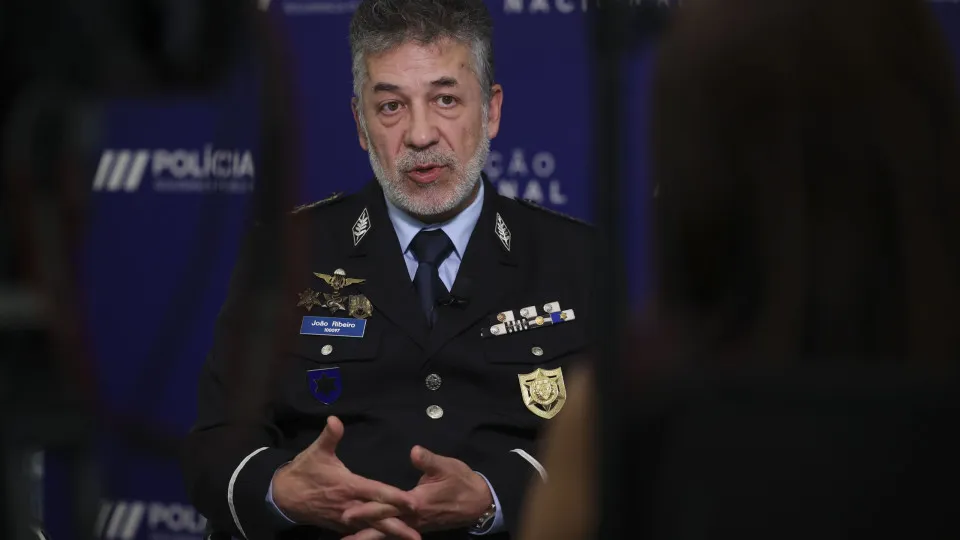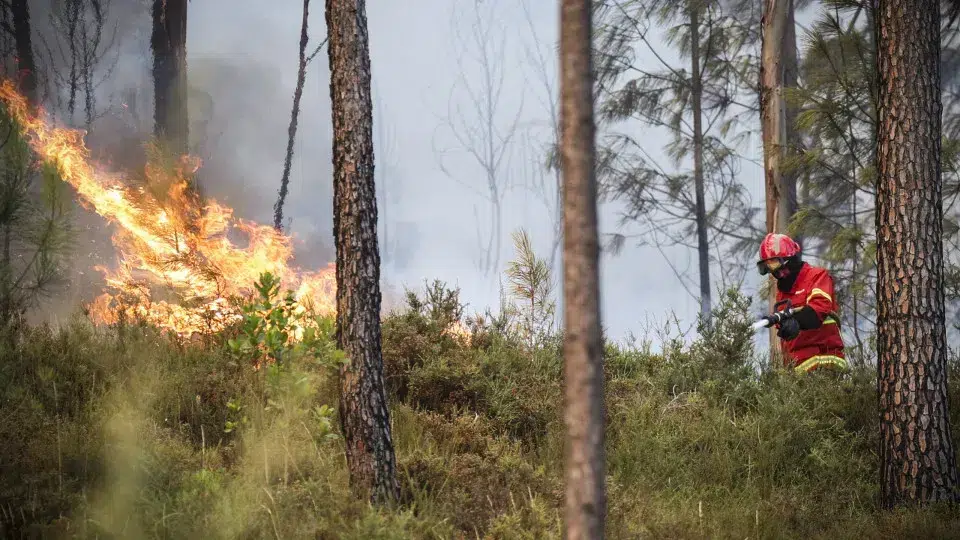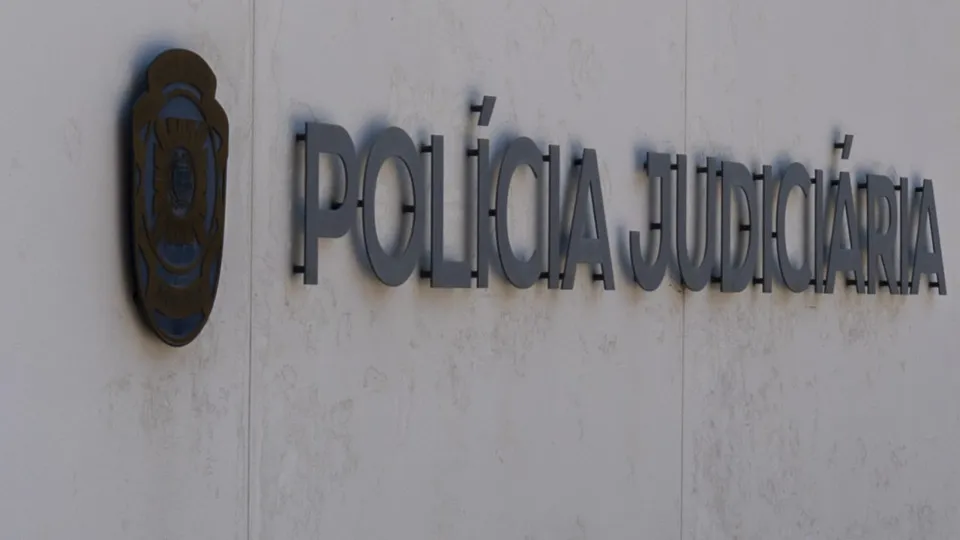
“I would say we have tens of thousands of people in an irregular situation in the national territory,” stated João Ribeiro, Deputy National Director of the PSP and head of the National Unit of Foreigners and Borders (UNEF).
The official conceded that the majority are simple cases, “perhaps due to inexperience, perhaps due to inaction, considering the existing legal context, or because they did not submit documents, or because they should have provided evidence of certain situations and did not.”
“The issue is that we now have a more coherent framework in terms of regulated migration,” he said.
In an interview, João Ribeiro indicated that some immigrants had shown interest (an instrument that was discontinued in June 2024, allowing foreign citizens wishing to reside in the country to apply for a residence permit), but others arrived without that instrument and without any registration.
“They never submitted any document. If they did not attach the documents when they were due, they are in an irregular situation,” he noted, pointing out that immigrants in this situation are mainly Brazilians and from the Indian subcontinent, such as India, Pakistan, Bangladesh, and Nepal.
Emphasizing that this number is related to “the excessive volume of processes AIMA had to handle, which represents significant challenges” for the PSP, João Ribeiro highlighted that the new PSP unit’s “main concern” is these immigrants in irregular situations and those currently entering Portugal, representing a “significant risk” for the country and the Schengen area.
In this context, he noted that “one of the recent concerns” of the PSP relates to the recent networks detected at airports.
“Since the expressions of interest ended, [this type of network] is seen as a simpler way” to try to enter the country, he said, arguing that more attention needs to be paid to this approach.
The PSP has detected many fake contracts at airports, involving companies that do not exist, from “citizens of different CPLP [Community of Portuguese Language Countries] nations who want to come to Portugal to work,” he stated.
Some have even “confessed they paid to obtain these documents,” and many might be “using Portugal as a gateway to Europe.”
The official maintained that the focus would be on anticipating risk scenarios.
He provided examples of “meetings and contacts with migration and border police from other countries, particularly from the CPLP,” to strengthen air borders in those states that pose a risk to Portuguese borders.
He also mentioned that training courses were conducted in several CPLP countries over the last month to equip local border police in detecting risk and situations that pose migratory pressure on Portugal.
“By projecting these elements, we are going to the origin of migratory routes, especially since the migratory pressure that some of these countries have isn’t even from the nationals of those states. It ends up being a whole array of neighboring states with migratory routes that try to use the quality of the CPLP country to come precisely to Portugal,” he explained.




